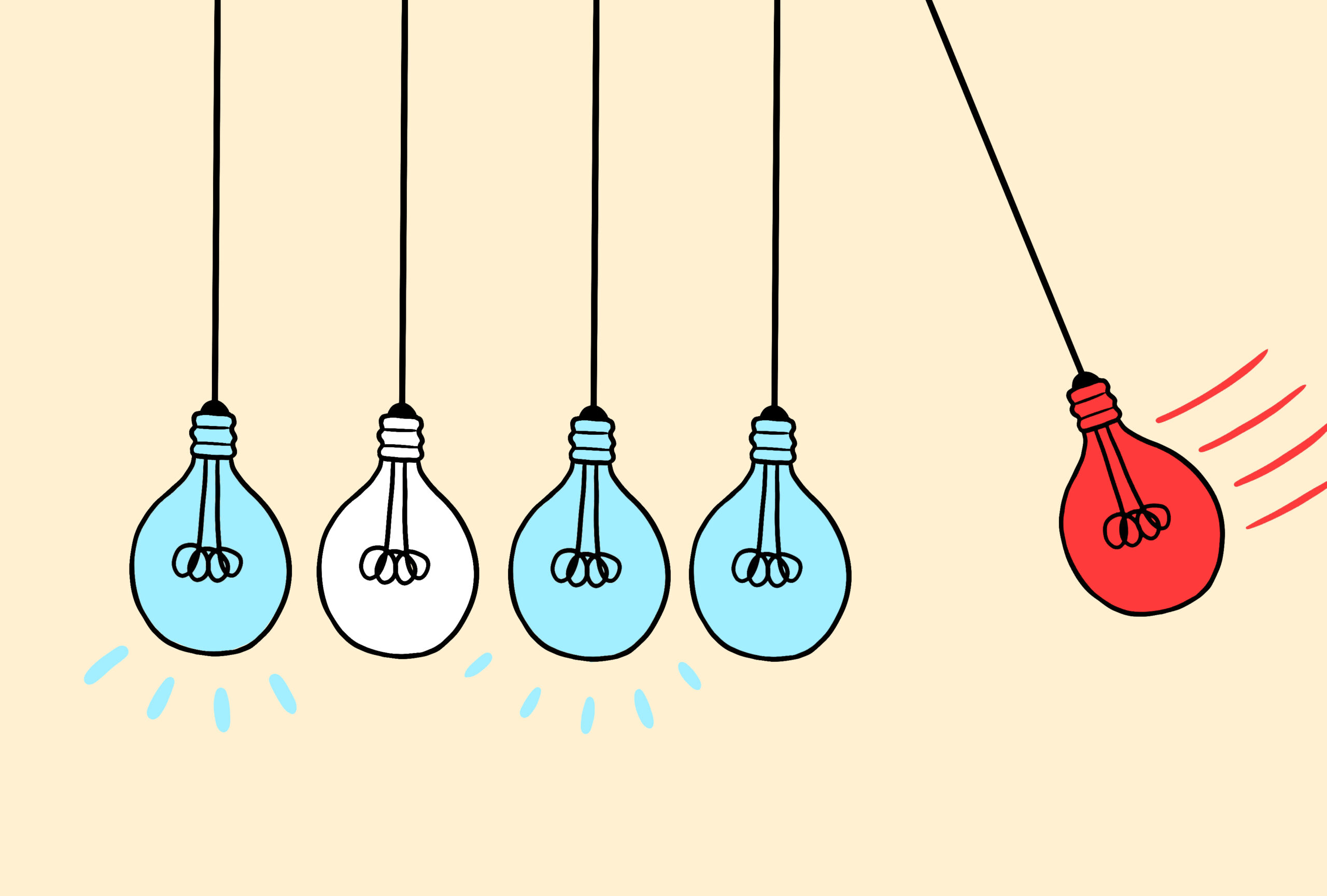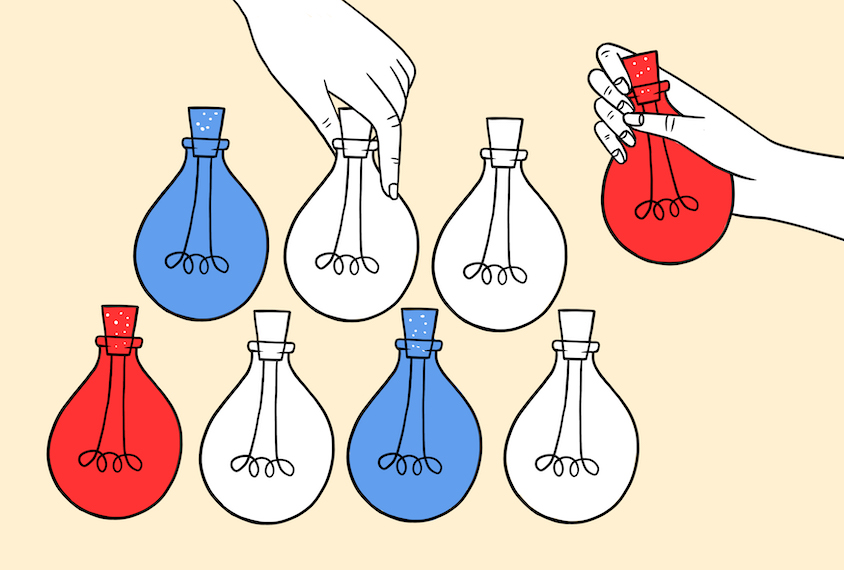Emily is a former editorial intern at Spectrum and a graduate student in New York University’s Science, Health & Environmental Reporting Program. Previously, Emily worked on aging research in Boston, Massachusetts. She has a B.A. in chemistry from Williams College in Williamstown, Massachusetts.

Emily Harris
Former news intern
Spectrum
From this contributor
Prenatal exposures; Angelman trial suspension; autistic adult well-being
This month’s issue of the Null and Noteworthy newsletter breaks down some negative results involving prenatal exposures, an experimental treatment for Angelman syndrome, and the role that age at autism diagnosis plays in subsequent outcomes, and more.

Prenatal exposures; Angelman trial suspension; autistic adult well-being
Null and Noteworthy: Modified MRI; father findings
This month’s newsletter tackles null findings from an attempted replication of a “revolutionary” MRI approach and an analysis of family genetics.

Null and Noteworthy: Modified MRI; father findings
Null and Noteworthy: Reinforcing rigor; medication medley
This month’s newsletter highlights findings on the use of three medication types during pregnancy.

Null and Noteworthy: Reinforcing rigor; medication medley
Null and Noteworthy: COVID-19 conclusions; diagnosis duplication; oxytocin again
This month’s newsletter explores the pandemic’s effects on autism rates, trends in co-occurring mental health conditions, and the impact of intranasal oxytocin.

Null and Noteworthy: COVID-19 conclusions; diagnosis duplication; oxytocin again
Null and Noteworthy: Medication timing; oxytocin amounts; sensory sameness
Parents’ health, treatment dosages and sensory perception feature in this month’s crop of null and replicated results.

Null and Noteworthy: Medication timing; oxytocin amounts; sensory sameness
Explore more from The Transmitter
New connectomes fly beyond the brain
Researchers are mapping the neurons in Drosophila’s ventral nerve cord, where the central nervous system meets the rest of the body.

New connectomes fly beyond the brain
Researchers are mapping the neurons in Drosophila’s ventral nerve cord, where the central nervous system meets the rest of the body.
Building an autism research registry: Q&A with Tony Charman
A purpose-built database of participants who have shared genomic and behavioral data could give clinical trials a boost, Charman says.

Building an autism research registry: Q&A with Tony Charman
A purpose-built database of participants who have shared genomic and behavioral data could give clinical trials a boost, Charman says.
Cerebellar circuit may convert expected pain relief into real thing
The newly identified circuit taps into the brain’s opioid system to provide a top-down form of pain relief.

Cerebellar circuit may convert expected pain relief into real thing
The newly identified circuit taps into the brain’s opioid system to provide a top-down form of pain relief.